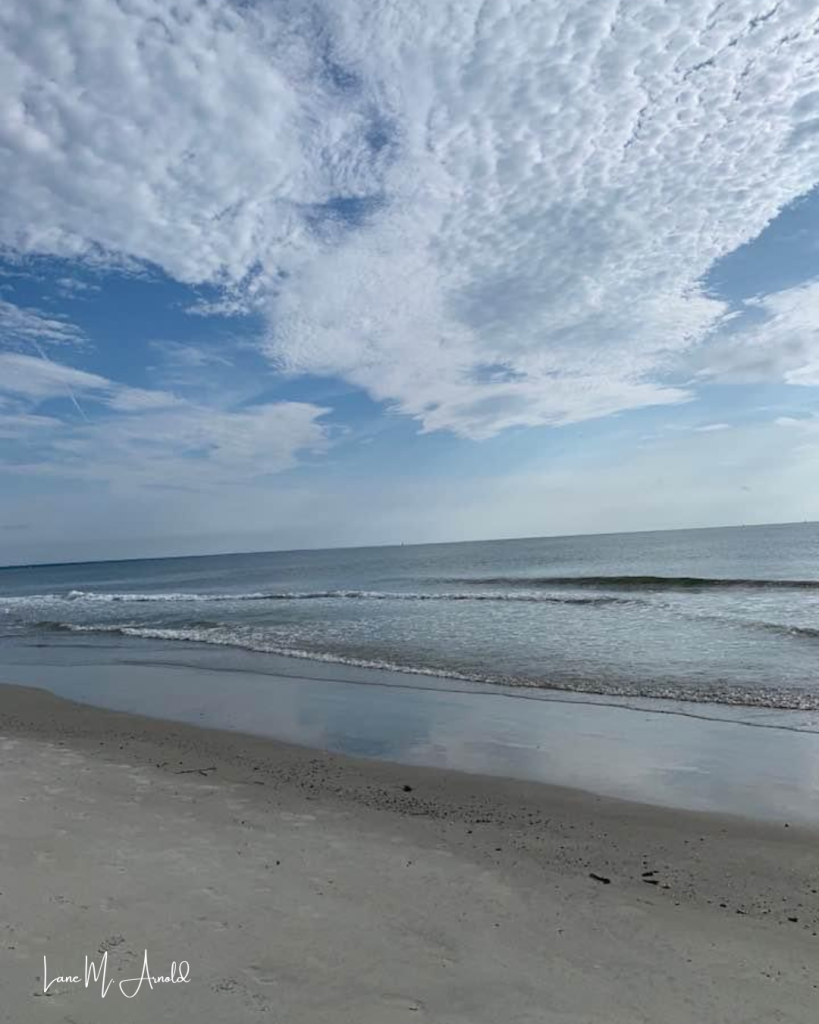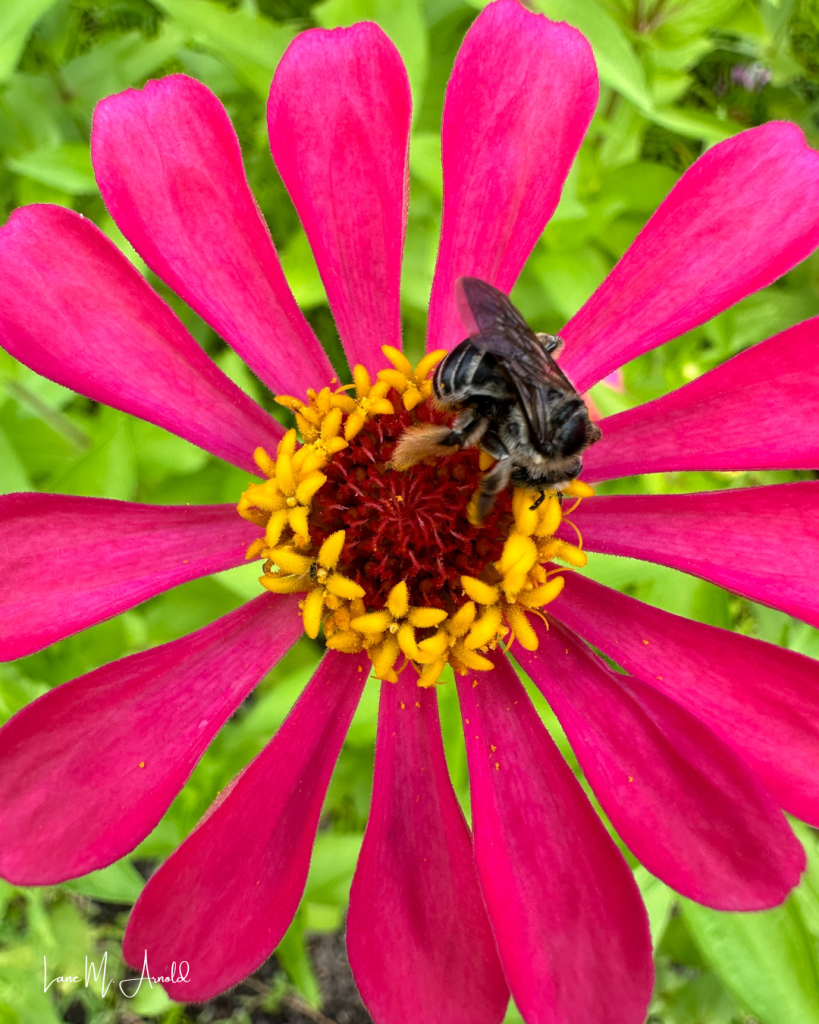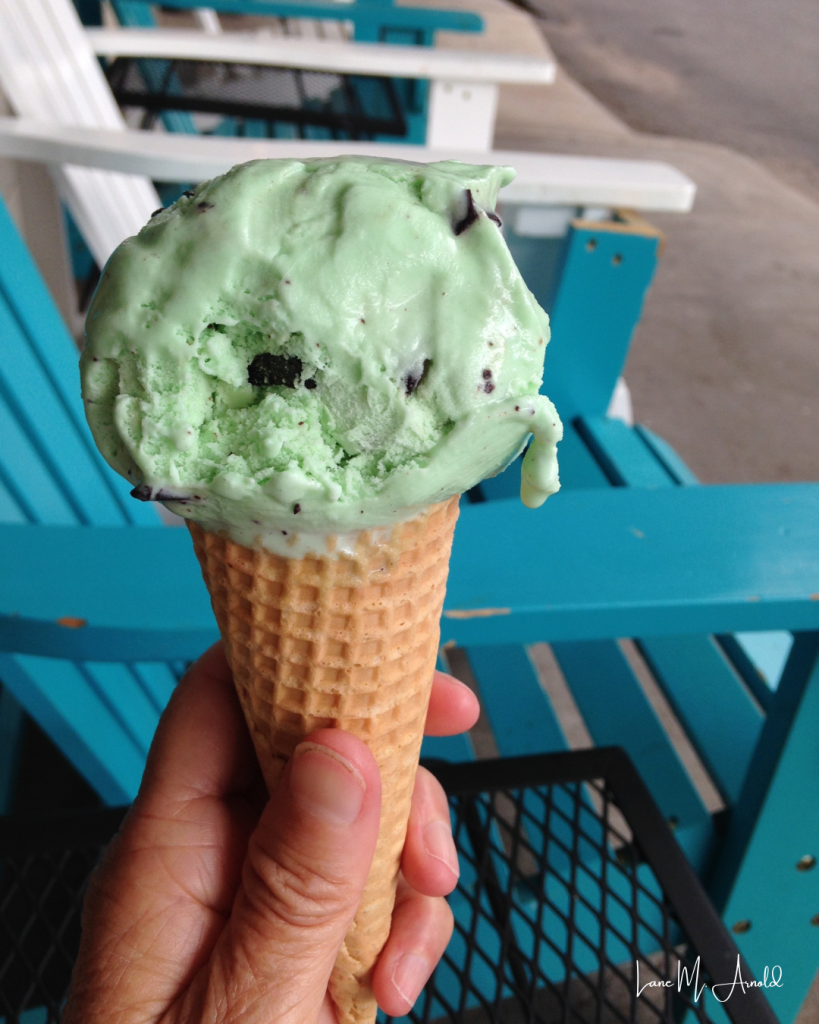What’s your quintessential image of summer? How does it involve play? Bare feet, jumping waves at the beach, wading in cool mountain streams, swimming from one end of the pool to the other end, and picnics in the backyard round out my summertime vision. It’s being outdoors. It’s being carefree. It’s not productivity-oriented. It’s full of fun.
Summer exemplifies playfulness. A hop, a skip, a jump. A hammock. A tent. A hike. Outdoor activities in the backyard or under the shade of old oak trees in the park. Tossing a Frisbee in the noisy neighborhood or on the shore by the calm lake. Popsicles. Picnics. S’mores. Star-gazing. Fireflies. Kites on the beach at sunset. Spontaneous delights catch us off-guard and infuse us with laughter, wonder, and whimsy. It’s digging in the dirt in the garden. It’s creating a drip castle as high tide recedes at the shore. It’s riding an ocean wave on a beach float. It’s savoring the joy of tossing a ball to the dog or the cousin who popped by unexpectedly. It’s less planned. It’s more pleasure. It’s all about play and playfulness.
The Transformative Power of Play and Presence
Play downsizes stress by crafting presence as the essence that matters in the moment. Infused with curiosity, we turn over the stone at the singing creek’s edge, watching tadpoles and crawfish swim in the clear water. We trace the bright blink of blue in the forest as a bluebird or butterfly spirals up and up through whispering lofty firs and ancient hemlocks. We roll down an inviting grassy hill, dizzy with laughter, or dive into the refreshing pond at the far edge of the wildflower meadow as the heat of summer descends upon us.
Play invites us to let go of pretense and pressure and replaces those with pleasurable moments full of serendipity. Let’s get real, though. Most of us have forgotten the simple delights of play. Adults like us get too busy. We are too competitive for the leisure joys of play. To relearn the joys of playfulness, we need to become like children. Follow a child around for an hour, and you’ll find wonders in your backyard that you didn’t even know existed. Listen to the language of children. You’ll enter worlds of words that bring forth stories of imaginative delight.
Unexpected Laughter: When Adults Reclaim Play
Mingle among playful adults. The contagiousness of silly fun catches you laughing. You join in. You dare to be less serious. You let something unexpected tumble over your forgotten giggle box. One summer evening decades ago, we visited dear friends on one stop during a road trip from Colorado to Georgia. Cheryl and I, pals from college years, watched with utter amazement as we saw a new side of our spouses. Suppertime meant local families vacated the pool. The four of us suddenly inhabited an oasis all on our own on a hot summer evening. Our then-fifty-something-year-old husbands started doing cannonballs into the deep end of the neighborhood swimming pool. Tall, lanky Scotty and rugby-stout Bob repeated cannonball after cannonball in the deep end, sending towers of water upward towards the scurrying clouds. We laughed until our sides ached as our husbands reverted to teenage kids, splashing water everywhere. The next morning, as the sun crested the horizon before the humidity of July hung thick on the day, Cheryl and I walked barefoot at the shore, watching dolphins leap over waves. We giggled. We sat, our feet in the surf. As we crafted sandcastles and decorated them with olive, scallop, and whelk shells, we shared stories of what life had been like since we last saw one another. Play connects people in refreshing ways.
What happens in times like those? We suspend our normal mode and let laughter and joy reign as the language of the heart. Eating a juicy peach or a sweet watermelon as we enjoy simple peanut butter and jelly sandwiches carries the gift of play into our senses. It flavors the time with all sorts of deliciousness. Sitting around a campfire under the night sky, notice how the creativity of children turns to songs, poems, stories, and jokes, and adults chime in. Such play releases endorphins, helps our brains function better, and increases our energy and sense of youth.
Play as a Spiritual Practice
What if we let play enter our spiritual rhythms? Perhaps we find ourselves bored or feeling dry in our relationships with one another and God because we take ourselves too seriously. We forget that play is one of God’s good gifts. A bit of merriment creates elements of surprise and connections. It frees us, heals us, and invites us to become more ourselves. Play has no competition, no winners, and no achievements to be accomplished. It’s becoming like a child: fully present to the moment, to all the senses of the body, and to all of nature surrounding that moment in time and space.
What if we carried on a conversation with God as we tossed a Frisbee down the lane, letting our words to God follow the track of soaring or careening here and yonder? What if we pictured the joy of Father, Son, and Holy Spirit in Genesis as the Garden of Eden was created, and all the critters of the earth and the stars of the universe were set into motion as we read those passages in the Bible? How would that change our view of God, the Bible, and creation? What if laughter and play inhabited our conversations with God, with our spiritual director, and with our friends during small group gatherings?
Becoming Like Children Again
Heart-deep play invigorates and rejuvenates. It relaxes as it fuels creativity and our well-being. Play takes many forms and involves the body, objects, social interactions, and the imagination. Without play, we grow wooden, stiff, almost immovable. George Bernard Shaw said, “We don’t stop playing because we grow old; we grow old because we stop playing.” We get stuck. We forgot what makes us come alive. We forget how our quirkiness brings dimensionality and wonder to the world. Curiosity sits on the shelf when we ignore its insistent voice that challenges us to rethink: “what if…” What if we tinker with possibilities rather than stay happily ensconced as couch potatoes? What if we let thoughts float on the river of our days, and then float alongside them with inquisitiveness? What if we marvel and investigate the ordinary extraordinary? We can relearn how to celebrate the simplest things right in front of us and discover the delight of presence. Rather than assuming the worst, feeling the “ought” of needing to achieve, over-perform, or stay stuck where we have been, we begin to wonder what else is possible.
What if I swing on the swings instead of watching others swing? What if I observe the path of ants going up and down the crepe myrtle tree? What would you do if you were acting like your childhood superhero? What would you do if you relived your favorite moments as a kid?
What if you set up the wading pool or slip n’ slide for yourself, not the grandkids? What if you built a fine pillow fort and read a new mystery there on a rainy afternoon? What if you crafted a scene with Legos, then wrote a story, poem, prayer, or play around that creation?
What if you took a blank calendar and created playful dates for your heart? What if you danced around the block, hopped around the block, or galloped around the block, instead of your usual evening stroll? What if you read the Bible out loud and changed the tone and volume of your voice as different characters appeared in the parables that Jesus told? What if play entered the ways of walking with Jesus in His kingdom of wonder and delight?
Playful Practices That Reconnect Us with God
Think back to what delighted you as a child. I spent countless hours with my feet in the creek, building ponds for tadpoles. I skipped down the street as I ambled over to play with a neighbor on a sunny afternoon. I stretched out in the hammock as I watched clouds create fantastic stories in the sky. With friends, I dressed up in costumes and acted out stories we made up or ones we read and dearly loved.
As we grow up, we think we don’t have time to indulge in such seemingly unproductive or perhaps “selfish” usages of time. Try this instead. Put on a silly hat and join the party in the yard or online. Watch the atmosphere change. Suddenly, others feel permission to become childlike, playful. Creativity kicks in. Let this lead to joyful pauses and praises to the One who made all this playfulness, all this creativity!
When we take our thoughts to God and explore our history and theology of play, we discover new facets of God and ourselves. What do you love about that carefree part of yourself? In what ways might you be dismissive of the beautiful child within you? What stymies that childlike goodness from appearing? What would it be like if playfulness became a spiritual practice for you?
Let’s consider how we could become more playful in our prayers. What might happen? Try some new ways. Write a poem. Color a lament. Use clay to express delight in God. Create a crossword puzzle with questions for God. Think up what you’ve been afraid to ask and listen in on how God playfully answers.
A Joyful Invitation from the Heart of God
We may tend to think of God as supremely serious and expect that we too should be rather dire. Yet Scripture, which permits us to lament, also gives us permission to play and offers examples of exuberance. David dances wildly. Nehemiah and the people with whom he lived and worked among encountered joy, mirth, gladness, and merry-making. Can you imagine any scenario with a total lack of laughter and playfulness among good friends? Neither can I. So I have to believe that laughter-laced times engulfed the days Jesus spent with His friends, the disciples.
Dr. Stuart Brown, National Institute for Play founder, says, “Play is something done for its own sake. It’s voluntary, it’s pleasurable, it offers a sense of engagement, it takes you out of time. And the act itself is more important than the outcome.”
No commandment says, “Thou shalt not be playful, joyful, or full of good cheer.” Jesus Himself invited us to become like little children. The bright joy of children encapsulates how Jesus wants us to come to Him: with play, with delight, with joy in knowing He wants us near so He can enjoy playing with us in His wonderful marvel of a world.
What’s one way you could engage in play this week? Where could you invite delight to be more at home in your spiritual practices and conversations with God? What could happen if you create a calendar of play dates for the child in you? How might wonder and curiosity grow? What if you crafted prayers in new ways using paint, clay, chalk, sand, and dirt? What would shift if you engaged your whole body in prayer and praise? What would it be like to sing, clap, dance, or frolic with the God who delights in you? Let me know. I’m so curious as to how we can encourage one another to become more playful, more childlike, more fully ourselves, more alive to the goodness of God as we frolic in His kingdom.
Other blogs about play and connecting with God:









